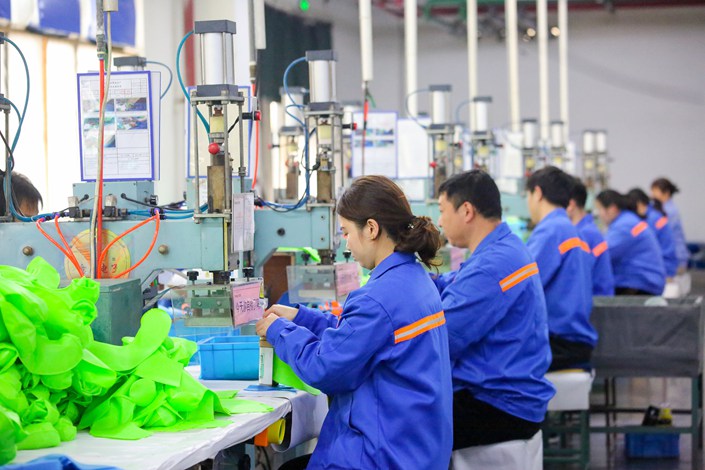Blog: How Being a Good Samaritan Can ‘Spoil the Market’
Listen to the full version

While people may have the best of intentions in offering goods and services at lower-than-market prices, they risk “spoiling the market” by making it harder for others to make a living. Such actions could invite backlash, whether in village scuffles, or writ large, in protests and anti-dumping measures between countries. China, long the world’s factory, has borne the brunt of such pushback. Industries in other countries are affected, as capital moves freely between borders while labor generally stays put. Those who feel they are losing out may hold a grudge and end up dealing society a big blow.
Unlock exclusive discounts with a Caixin group subscription — ideal for teams and organizations.
Subscribe to both Caixin Global and The Wall Street Journal — for the price of one.
- MOST POPULAR




